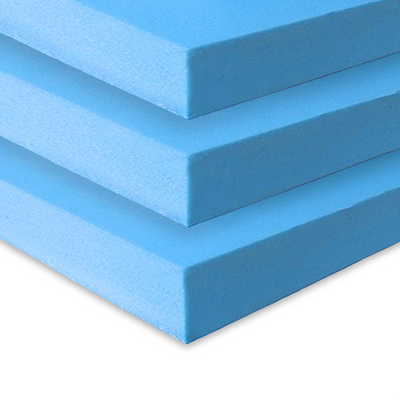
Extruded polystyrene is a versatile and widely used material in the construction industry. It is known for its excellent insulation properties, moisture resistance, and durability. In this comprehensive guide, we will delve into the details of extruded polystyrene, its uses, benefits, and considerations for using it in various applications.
What is Extruded Polystyrene?
Extruded polystyrene, often referred to as XPS, is a type of foam insulation that is commonly used in buildings for its thermal resistance properties. It is made from polystyrene resin and other additives that are mixed together and then forced through a die to form a continuous closed-cell structure. This manufacturing process gives extruded polystyrene its unique properties, making it a popular choice for insulation in construction.
Key Characteristics of Extruded Polystyrene:
- High thermal resistance
- Moisture resistance
- High compressive strength
- Lightweight
- Durable
Uses of Extruded Polystyrene
Extruded polystyrene is used in a wide range of applications in the construction industry due to its excellent insulation properties and durability. Some common uses of extruded polystyrene include:
Insulation
- Extruded polystyrene is commonly used as insulation in walls, roofs, floors, and foundations to improve energy efficiency and reduce heat loss.
Underlayment
- It is also used as an underlayment for flooring to provide a smooth and level surface.
Void Formers
- Extruded polystyrene can be used as void formers in construction to create voids or spaces in concrete structures.
Crafts and Hobbies
- Due to its lightweight and easy-to-cut properties, extruded polystyrene is also used in crafts, hobbies, and art projects.
Benefits of Extruded Polystyrene
There are several benefits to using extruded polystyrene in construction projects:
High Insulation Value
- Extruded polystyrene has a high R-value, which means it provides excellent thermal resistance and helps reduce energy costs.
Moisture Resistance
- Unlike other types of insulation, extruded polystyrene is resistant to moisture, making it ideal for use in damp or humid environments.
High Compressive Strength
- It has high compressive strength, making it suitable for use in heavy-load applications such as under concrete slabs.
Durable
- Extruded polystyrene is a durable material that does not deteriorate over time, ensuring long-lasting insulation performance.
Considerations for Using Extruded Polystyrene
While extruded polystyrene offers many benefits, there are some considerations to keep in mind when using it in construction:
Cost
- Extruded polystyrene can be more expensive than other types of insulation, so it's important to consider the overall project budget.
Environmental Impact
- Polystyrene is a plastic material and can have environmental implications, so it's essential to consider sustainability and recycling options.
Installation
- Proper installation of extruded polystyrene is crucial to ensure its effectiveness as insulation. It should be installed according to manufacturer guidelines.
Compatibility
- Ensure that extruded polystyrene is compatible with other materials used in the construction to avoid any issues with adhesion or chemical reactions.
Conclusion
Extruded polystyrene is a valuable insulation material that offers excellent thermal resistance, moisture resistance, and durability. Its versatility and range of applications make it a popular choice for construction projects. By understanding the characteristics, uses, benefits, and considerations of extruded polystyrene, contractors and builders can make informed decisions when incorporating this material into their projects.